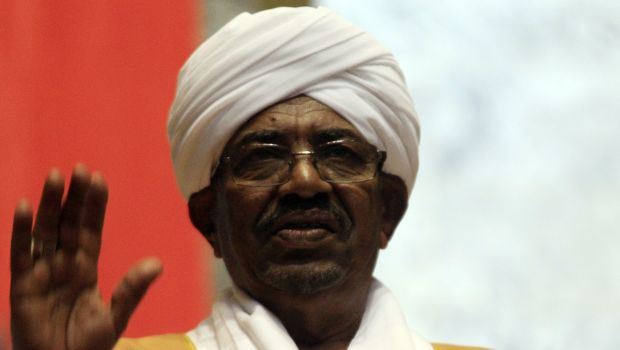Political Islam must be viewed in its historic context, rather than whether its rule is civil or military. The modern state, which was invented in Europe, turned away from the ways in which rulers had previously legitimized themselves. Those means were based on rulers’ claims to be sacred, or noble. In contrast, the modern state recognized the people as they really were—ambiguous, disparate and varied—and it united them.
The people became the source of all power and authority, determining the legitimacy of rulers—or lack thereof—according to how they followed the separation of powers, the adoption of general elections to allow for people’s representation within legislative bodies, the freedom to form political parties and media platforms, and so on.
Perhaps the most important reason for the number of coups over the years in the Arab world is the absence of this type of legitimacy. This is especially true because coups did not incentivize rulers to adopt a national project or develop the societies in which they took place. This prompted the system of coups to be built on tyranny, the rejection of freedom and the suppression of social forces in order to retain power and control. In an attempt to bridge the gap caused by the absence of legitimacy, the makers of coups attempted to acquire an aura of holiness, which would make actions against the coups treason. Major international struggles such as the fight against imperialism and the Arab–Israeli conflict were used to bolster legitimacy, making these causes sacred. From here we can understand the spread of political Islam as a phenomenon in all Arab countries and in every area as a way to seize power. Thus, it abandons the modern forms and mechanisms of governance rooted in the needs of the community and based on the interaction of the forces within this community.
The different forms of political Islam known within and outside of the Arab world do not diverge much from one another. For the most part, they depend mainly on the kinds of authority and legitimacy that any political regime can put in place to match its needs. Special cases among these Islamicized currents occur as the result of their proximity to genuine forms of legitimacy. In Turkey, for example, authority is derived from popular legitimacy, which has allowed the current regime to endure. In the Arab world, attempts to manipulate this kind of legitimacy or introduce it by force have led countries into crisis. They are governed only by the continual use of repression and tyranny. They now rely on this formula or military power, and therefore political power has become linked to militarism that must retain and tighten control over society to survive.
In 1989, the National Islamic Front (NIF) created, after a long series of coups and events, a military junta under the name of the “Revolutionary Command Council for National Salvation” in Sudan. From the first moment, this coup followed a militaristic version of political Islam. It shunned the social aspects of Islam and their application in a way that met the needs of the community, much like other Islamist movements in the Arab and Muslim world. Enlightened democratic currents in Islam, which called for democracy and social justice, have opposed this. Thus, Sudan entered into a very dangerous impasse. The division in the state, which ultimately led to the secession of the south and the rejection of a united Sudan with enough economic potential to build a modern, advanced state, is not the end of the problem. Sudan is still facing an even more dangerous predicament.
Here the most important question arises, which can be summarized thus: is it possible for political Islam, in either its civil or military forms, to run a modern state? If we look beyond the discourse of Islamist parties, we can see that they always fail to put things such as democracy, elections and the decentralization of power, in place. They have failed, after many trials, to endorse the sovereignty of the people and the practice of democracy—ideas which need to become part of political culture and practice, and which recognize and safeguard differences. The predicament of Islamic parties cannot be solved, then, unless it is approached from a historical perspective that recognizes the variables and conditions that have created this culture. The predicament cannot be solved if politics are not dealt with as a worldly, rather than sacred, matter.
The usage of the sacred and transcendent in historical discourse has meant the crushing of human existence and human needs in favor of using both to gain worldly power through conflict. This process by its nature could not be fair and humane. Human dignity is important, and this is the logic of the state in its development and growth through history.
The counterpoint to this article can be read here.
